
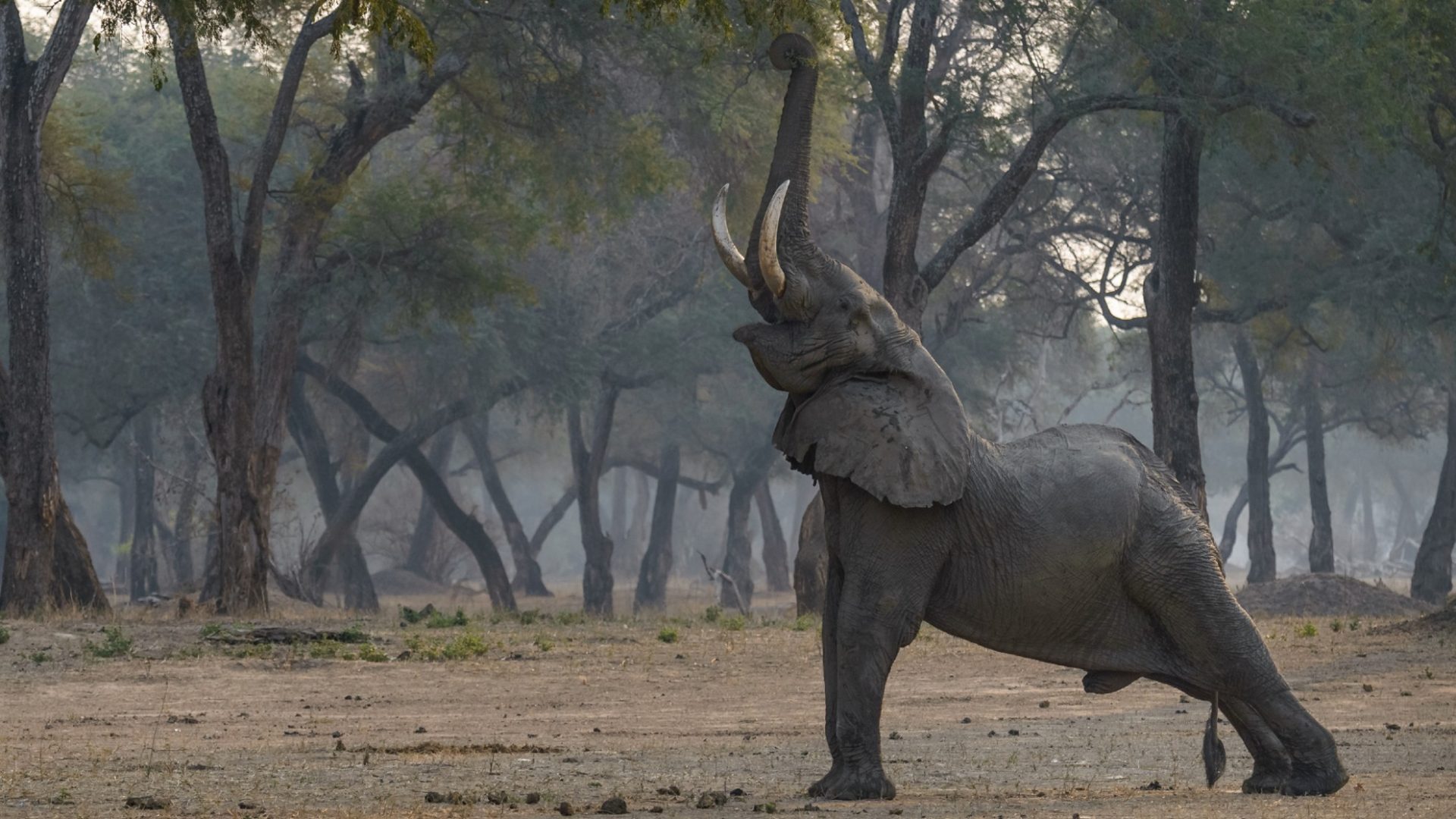
Born Free's Great Debate
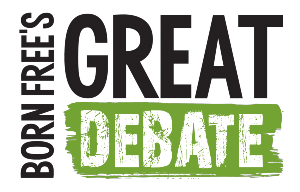 INTRODUCING OUR GREAT DEBATE
INTRODUCING OUR GREAT DEBATE
#BFGreatDebate
The aim of this free programme is to provide teachers with the tools to engage their students in meaningful debate about key wildlife or environmental topics. Students will not only gain knowledge about the debate topic, but also skills that will help them to research, frame and deliver an argument while reducing their impact on biodiversity and the environment.
Debating encourages research, reasoned argument and the application of facts, and ingrains 21st Century Skills – the 12 abilities that today’s students need to succeed in their careers during the information age (critical thinking, creativity, collaboration, communication, information literacy, media literacy, technology literacy, flexibility, leadership, initiative, productivity and social skills).
Armed with these skills, young people are more equipped to take action, such as reducing their negative impact on biodiversity and the environment, by making simple lifestyle changes, and encouraging others to follow. By engaging young people in this way on these topics, we also hope to develop the skills necessary for them to get their voices heard.
Take a look at our Great Debate topics:

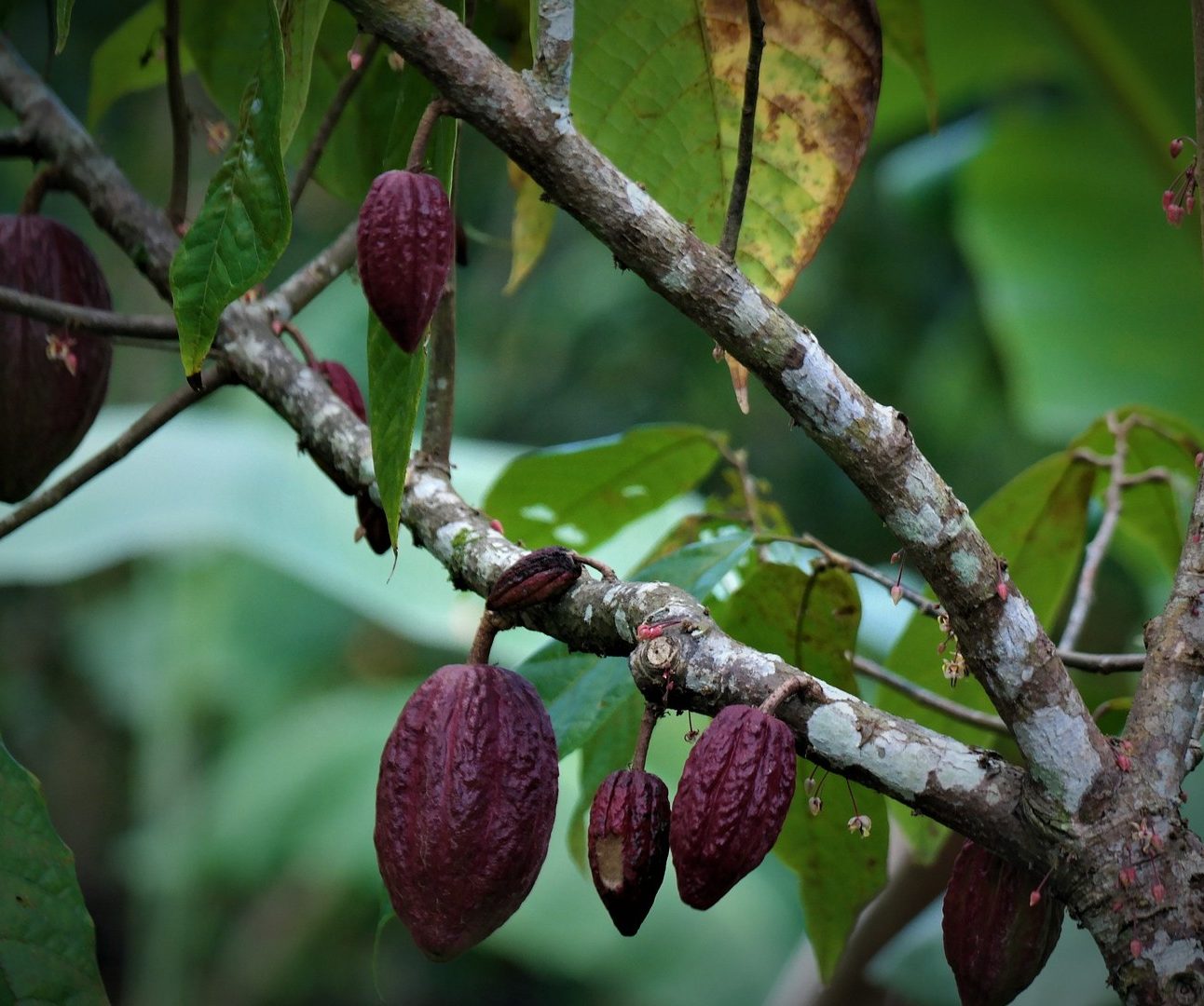
Topic 2: Chocolate
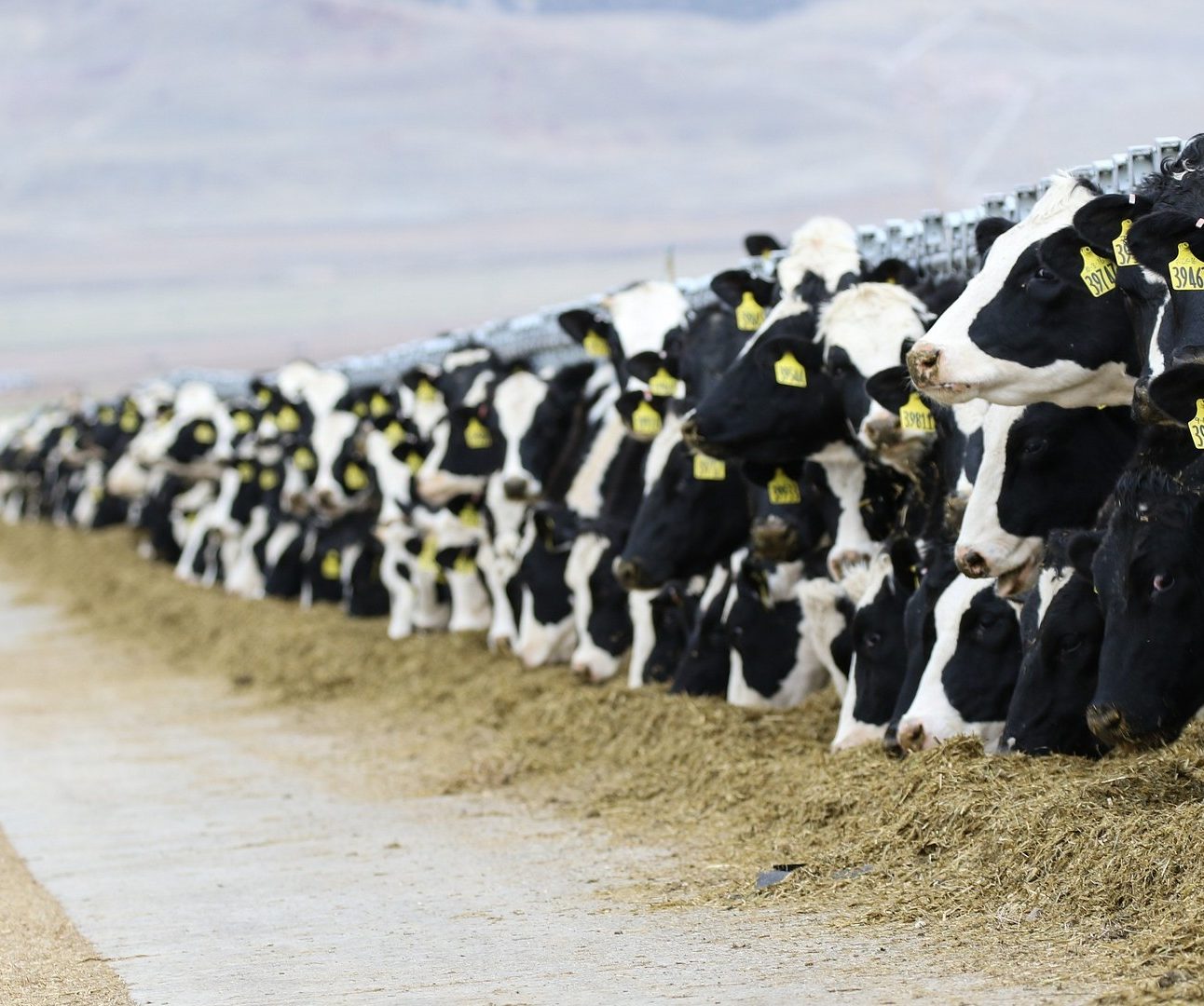
Topic 3: Cattle Farming
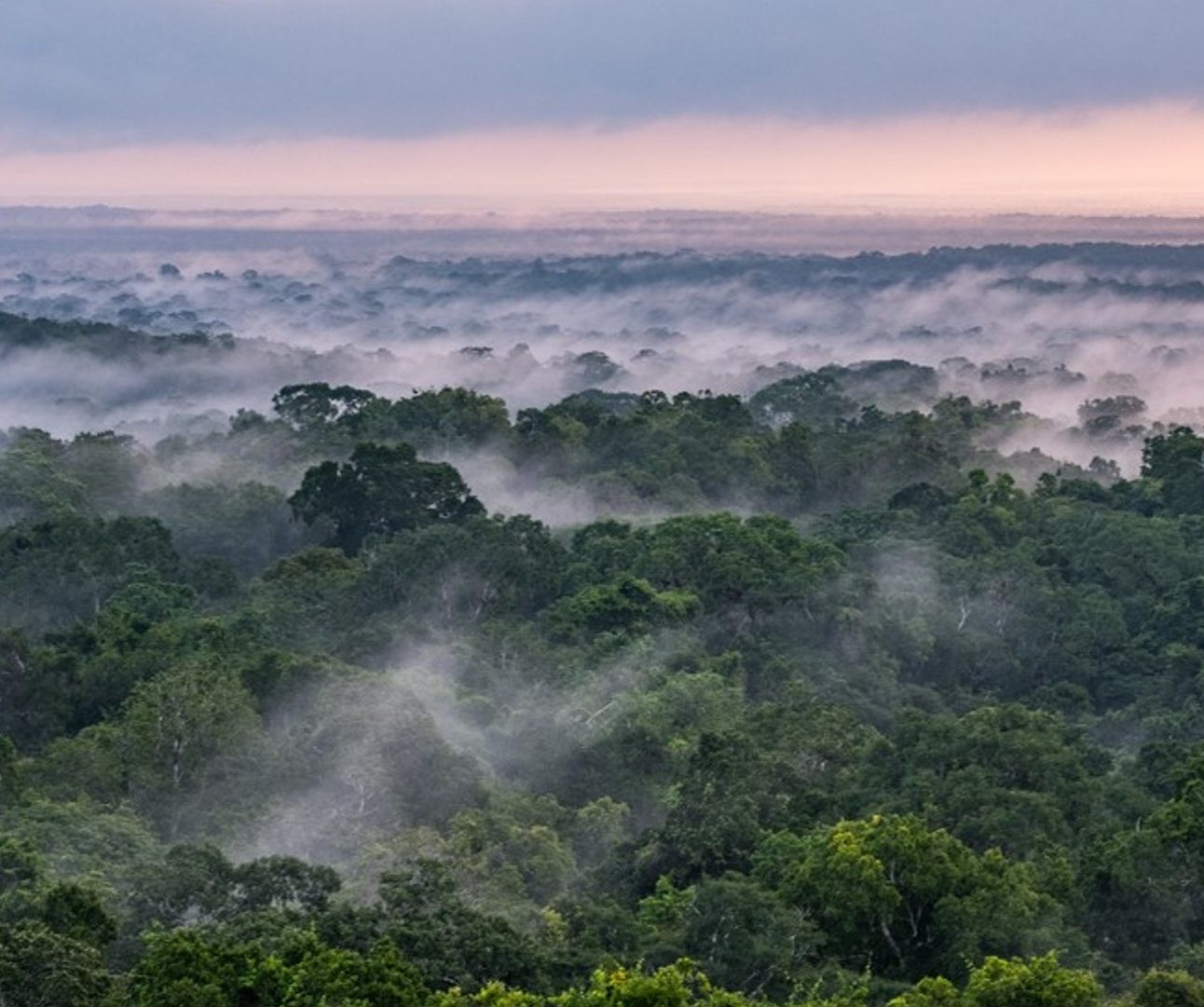
Topic 4: Climate Change

